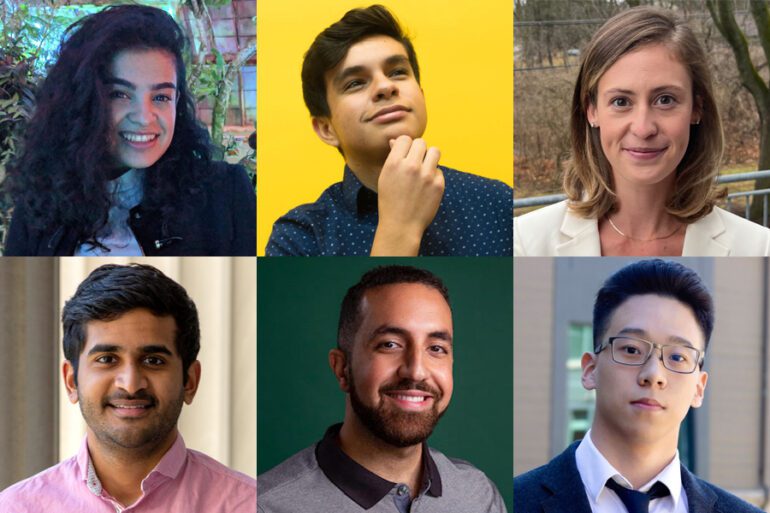TL;DR:
- Six MIT students were chosen as MIT-Pillar AI Collective Fellows for spring 2024.
- Research areas include AI, machine learning, and data science, with a focus on commercialization.
- Fellows’ projects range from sustainable materials design to robotics and neuroprosthetics.
- Emphasis on identifying commercial markets and business-to-business sales strategies.
- Research has implications for industries such as renewable energy, healthcare, and finance.
Main AI News:
Six MIT students have been chosen as MIT-Pillar AI Collective Fellows for the spring semester of 2024. These fellows, all in their final year of either a master’s or PhD program, will focus their research on AI, machine learning, and data science with the goal of bringing their innovations to the commercial market. Launched in 2022 by MIT’s School of Engineering and Pillar VC, the MIT-Pillar AI Collective is dedicated to supporting research in these areas, with the aim of advancing technologies toward commercialization.
Yasmeen AlFaraj, a PhD candidate in chemistry, is one of the selected fellows. Her research centers on applying data science and machine learning to soft materials design, particularly for sustainable plastics, rubber, and composite materials. AlFaraj’s work has already led to the discovery of new materials that could address plastic waste, and she aims to bring this technology to market, starting with applications in wind turbine blade manufacturing and conformal coatings.
Ruben Castro Ornelas, a PhD student in mechanical engineering, is another fellow with a focus on robotics. His innovative design of a dexterous robotic hand has significant potential for domestic, industrial, and healthcare applications. Ornelas will concentrate on identifying commercial markets and establishing business-to-business sales strategies.
Keeley Erhardt, a PhD candidate in media arts and sciences, specializes in AI’s transformative potential in network analysis. Her research has implications for detecting fraud, propaganda, and other covert activities in various sectors, including finance, energy, and national security.
Vineet Jagadeesan Nair, a PhD candidate in mechanical engineering, is exploring the application of machine learning and data science to power systems, with a focus on integrating renewables, batteries, and electric vehicles into power grids.
Mahdi Ramadan, a PhD candidate in brain and cognitive sciences, aims to enhance spinal prosthetics using generative AI motor models. His research could lead to scalable and accessible commercial neuroprosthetics.
Rui (Raymond) Zhou, a PhD candidate in mechanical engineering, is advancing models for multimodal AI in engineering design. His work has the potential to revolutionize product design across various sectors, from automotive to consumer electronics.
These six fellows represent the cutting edge of AI research at MIT, with their work poised to make significant contributions to both academia and industry. Through the support of the MIT-Pillar AI Collective, they are well-positioned to bring their innovative ideas to market, driving forward the future of AI, machine learning, and data science.
Conclusion:
The selection of six MIT-Pillar AI Collective Fellows for spring 2024 underscores the commitment to bridging academic research and commercialization in the fields of AI, machine learning, and data science. This influx of talent and innovation into the market suggests a potential for significant advancements in various sectors, ranging from robotics and engineering design to finance and national security. Companies should closely monitor the outcomes of these fellows’ research as it may pave the way for disruptive technologies and new market opportunities.

